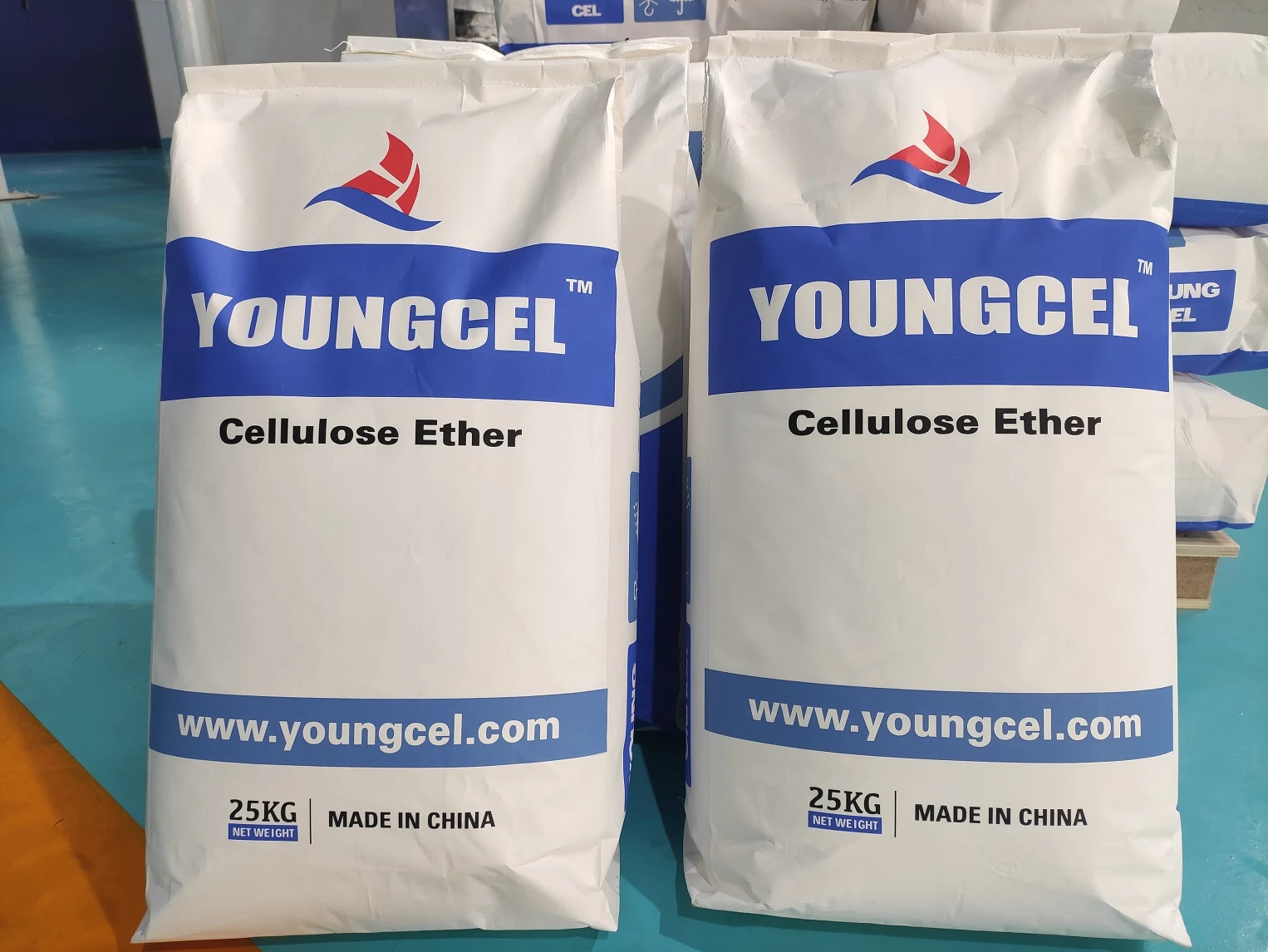Concrete Additives Enhancing Performance and Durability
Concrete is one of the most widely used construction materials in the world, renowned for its strength, durability, and versatility. However, the inherent properties of concrete can be improved by the use of concrete additives, also known as admixtures. These substances are added to the concrete mix to modify its characteristics, enhance its performance, and expand its range of applications.
Concrete additives can be broadly classified into several categories, each serving a specific purpose. The most common types include plasticizers, superplasticizers, retarders, accelerators, air-entraining agents, and corrosion inhibitors.
Plasticizers and Superplasticizers These additives are used to improve the workability of fresh concrete without increasing the water content. Plasticizers allow for a more fluid mixture, making it easier to pour and mold. Superplasticizers take this a step further, enabling the production of high-strength concrete with lower water content. This is particularly useful in complex architectural designs where high fluidity is required.
Retarders In hot weather conditions, concrete can set too quickly, leading to reduced workability and potential issues with strength development. Retarders slow down the setting process, providing more time for mixing, transporting, and placing the concrete. This ensures a uniform mixture and helps prevent cold joints, where new concrete is poorly bonded to older concrete.
concrete additives

Accelerators Conversely, in cold weather situations, accelerators help speed up the curing process, allowing for quicker setting and strength gain. This is essential for projects that are time-sensitive or in environments where rapid construction is necessary. However, care must be taken when using accelerators, as they can also increase the risk of cracking if not used properly.
Air-Entraining Agents These additives introduce tiny air bubbles into the concrete mix, which enhances its durability in freeze-thaw cycles. The air pockets act as shock absorbers, reducing the pressure on the concrete as it expands and contracts due to temperature changes. This is crucial in climates prone to severe weather conditions, as it improves the lifespan of the concrete structure.
Corrosion Inhibitors Reinforced concrete is susceptible to corrosion, which can significantly compromise its integrity. Corrosion inhibitors are used to mitigate the effects of moisture and chlorides, thereby prolonging the life of steel reinforcements within the concrete. This is particularly important in structures exposed to harsh environments, such as bridges and marine facilities.
In addition to these common additives, there are also specialty admixtures designed for specific applications, such as self-consolidating concrete, which flows easily into complex forms without the need for vibration. This versatility allows engineers and architects to push the boundaries of conventional concrete usage, leading to innovative designs and constructions.
In conclusion, concrete additives play a crucial role in modern construction. By enhancing the properties of concrete, these admixtures enable builders to address specific challenges, improve performance, and ensure durability. As the construction industry continues to evolve, the development of new and improved concrete additives will remain a vital area of research, facilitating more sustainable and resilient infrastructure.
-
The Application and Significance of Construction RdpNewsMay.19,2025
-
Industrial Grade HpmcNewsMay.19,2025
-
Building Coating Adhesive Building Coating Adhesive HpmcNewsMay.19,2025
-
Application Of Hpmc For Detergent For Detergent In DetergentsNewsMay.19,2025
-
Application Of Hpmc Cellulose In Cement-Based MaterialsNewsMay.19,2025
-
Application Of High Quality Hpmc For Construction In The Field Of ConstructionNewsMay.19,2025




